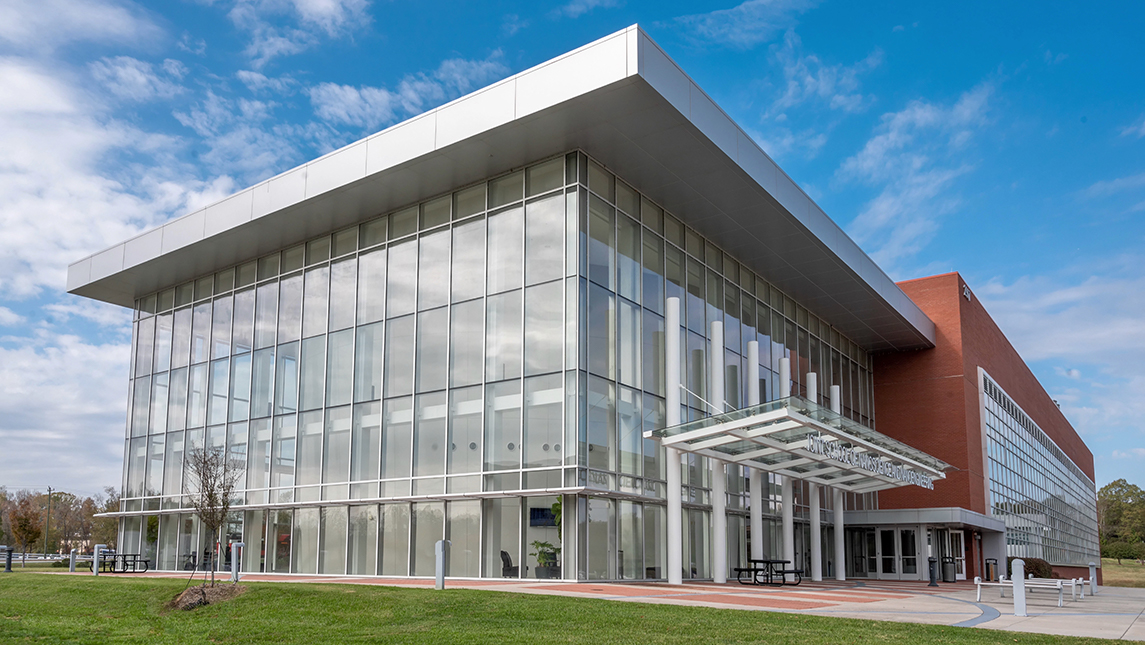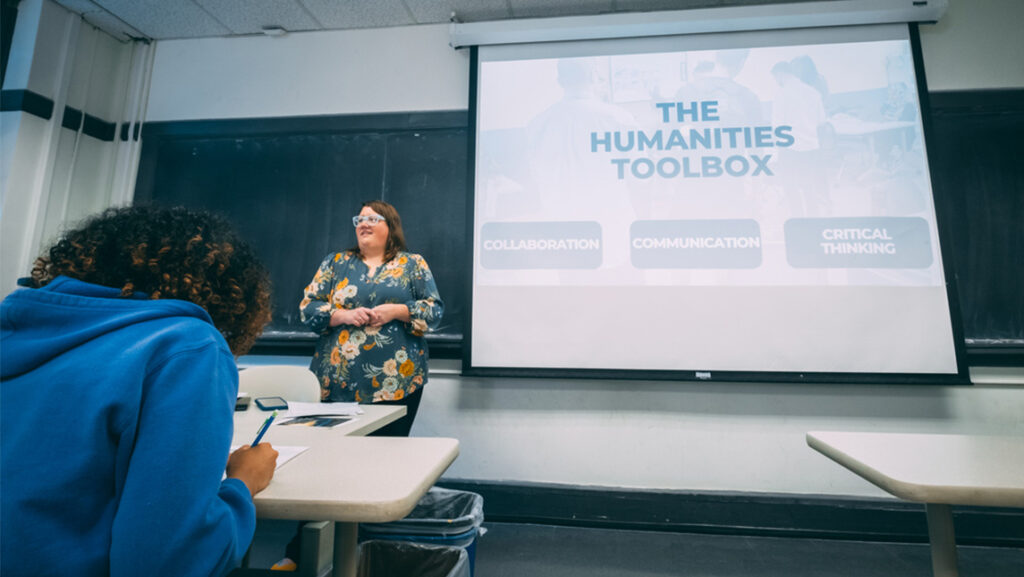UNC Greensboro today announced that scientists from UNCG’s Department of Nanoscience at the Joint School of Nanoscience and Nanoengineering (JSNN) are part of a new national effort to evolve the tools and methods for innovations in phosphorus sustainability. The $25M Science and Technology Center for Phosphorus Sustainability (STEPS) Center funded by the National Science Foundation (NSF), includes nine organizations that will use a convergence research approach to facilitate a 25% reduction in human dependence on mined phosphates and a 25% reduction in losses of phosphorus to soils and water resources within 25 years.
Phosphorus is an essential element that is needed by all living organisms. It is in our food, in our DNA, and is a critical nutrient in agricultural farms. It has been used as a fertilizer to improve the yield of crops. It is also used as a pesticide to tackle pests that harm crops and animals. Inefficiencies in phosphorus management has resulted in its release into rivers, lakes, and oceans, where eutrophication and poor water quality can lead to associated harmful algal blooms, impair drinking water supplies, and negatively affect aquatic life. Consequently, excessive usage of phosphorus can be detrimental to the environment and to human health, necessitating a need for its recovery and recyclability.
“We are excited about this national partnership that includes eight other universities with North Carolina State University as lead. Together we will provide novel solutions to address a global challenge, accelerate discoveries, and build a talented workforce equipped to tackle research using convergence approaches,” said Dean and Professor of Nanoscience Dr. Sherine Obare, who is the UNCG lead on this project.
“This center is a game-changer,” said Chancellor Franklin D. Gilliam, Jr. “As a Carnegie Foundation institution, we continue to be recognized for high research activity and community engagement, as we balance academic excellence, opportunity, and service to make a real-world impact with students, faculty and in our communities. We are grateful to the NSF for their generous grant, and for the opportunity to recruit researchers from a vast array of diverse backgrounds. At UNCG, we can’t wait to get started.”
At UNCG, researchers will focus on developing novel sensors for the detection of phosphorus in complex environments. The detection of phosphorus in small quantities is important because it will help in its extraction and recovery for future sustainability. This activity will lead to enhanced resilience of food systems and reduced environmental damage. STEPS promotes a convergence research approach, creating novel research structures and processes to integrate knowledge, expertise, and methods from diverse disciplines. STEPS will produce the fundamental science necessary to control, recover, reuse, and manage phosphorus in novel and sustainable ways and will train cohorts of scholars who will contribute innovations to other societal grand challenges requiring convergence research. Because of the convergence nature of the STEPS, researchers from the sciences and social sciences at UNCG will be able to work together in the future to contribute to this national effort.
UNCG ranks number No. 1 in North Carolina for social mobility. Through the STEPS Center, UNCG will not only contribute to significant research through nanoscience, but it will lead in ensuring that students and researchers from diverse backgrounds provide the perspectives necessary to deliver solutions that benefit broad communities. UNCG researchers are also co-directing the STEPS broadens participation efforts that will increase the number of women, underrepresented minorities and persons with disabilities in STEM disciplines and aims to have 50% of the total number of STEPS researchers (e.g., students, senior personnel, and faculty) to be from members of underrepresented minority groups in science and engineering.
Photography by Martin W. Kane, University Communications



